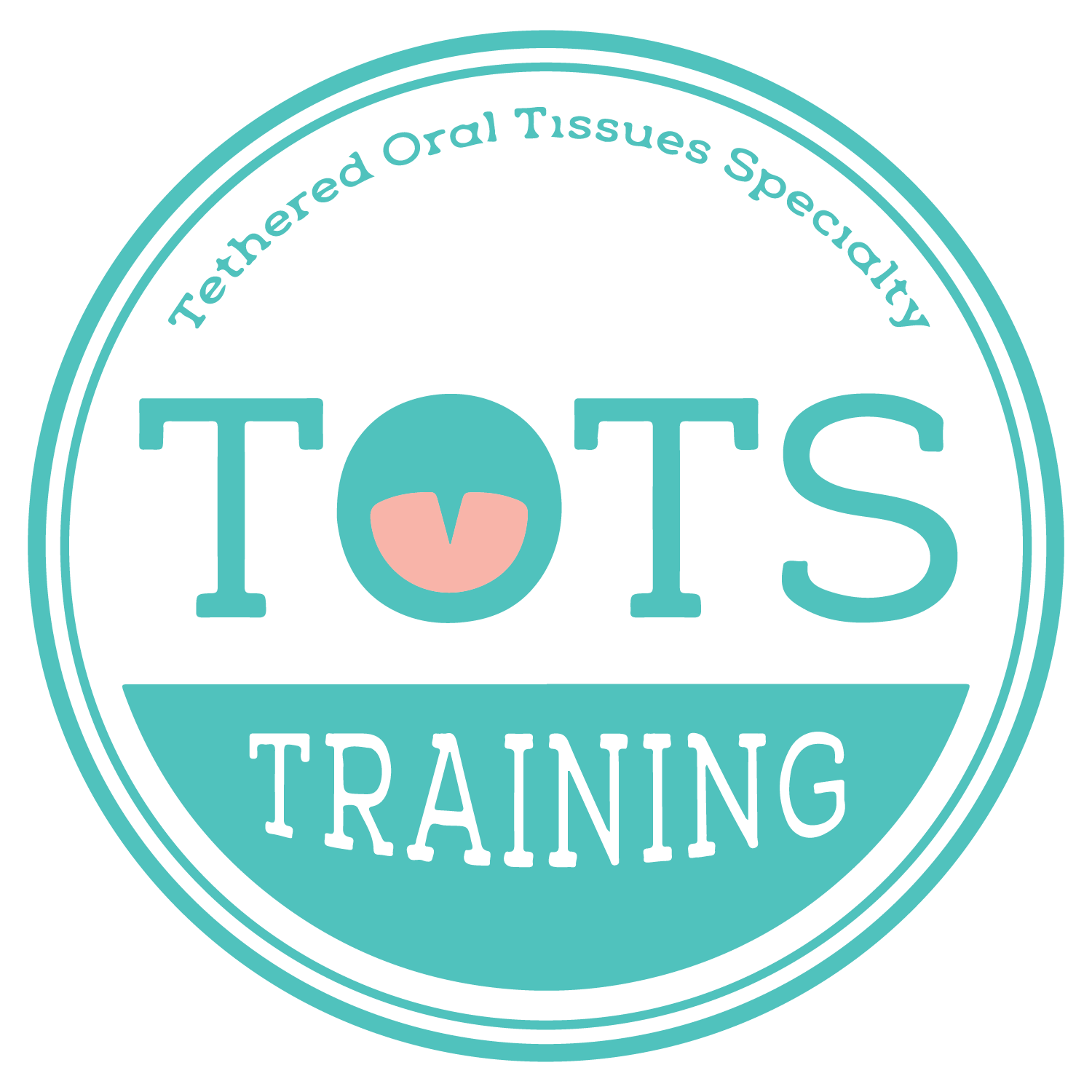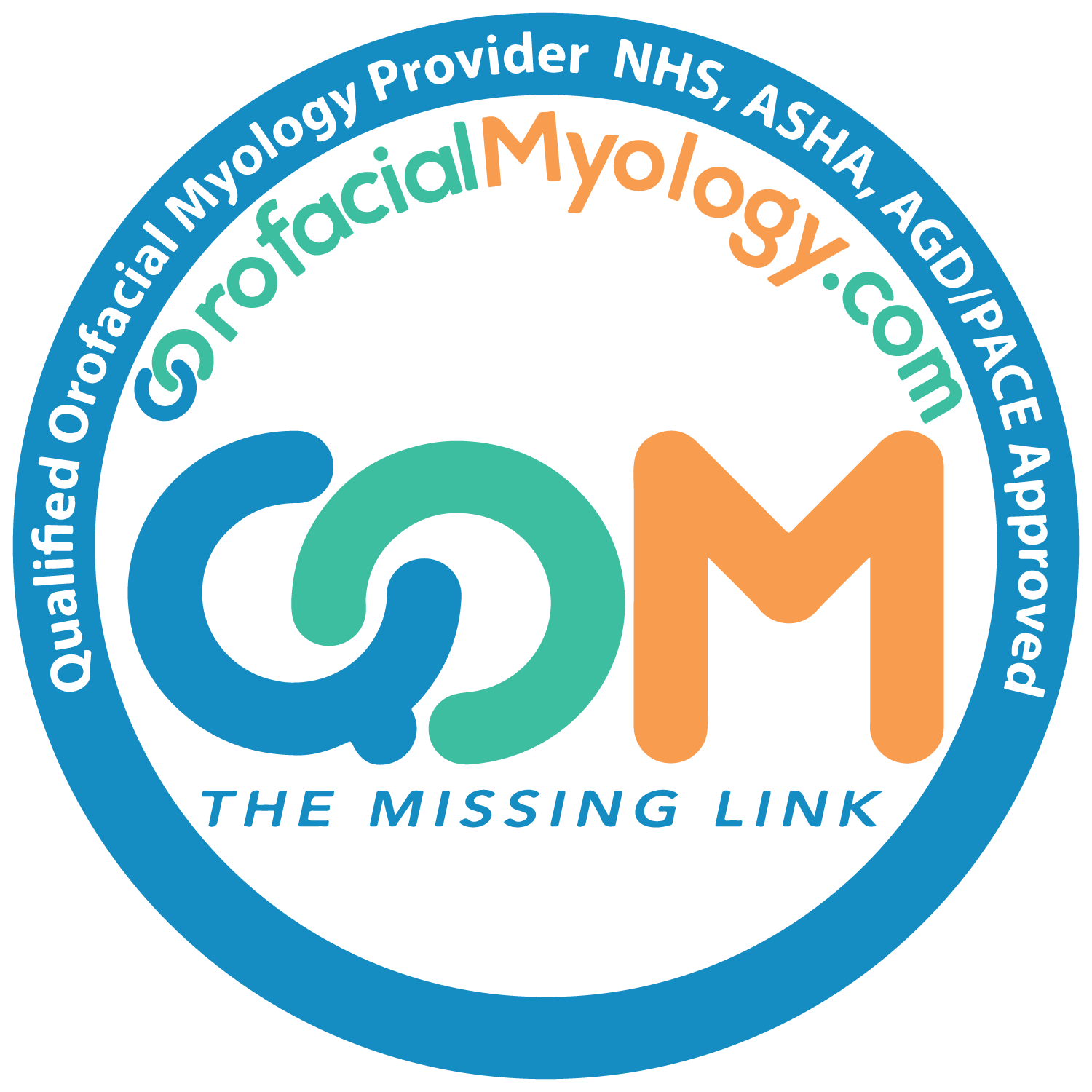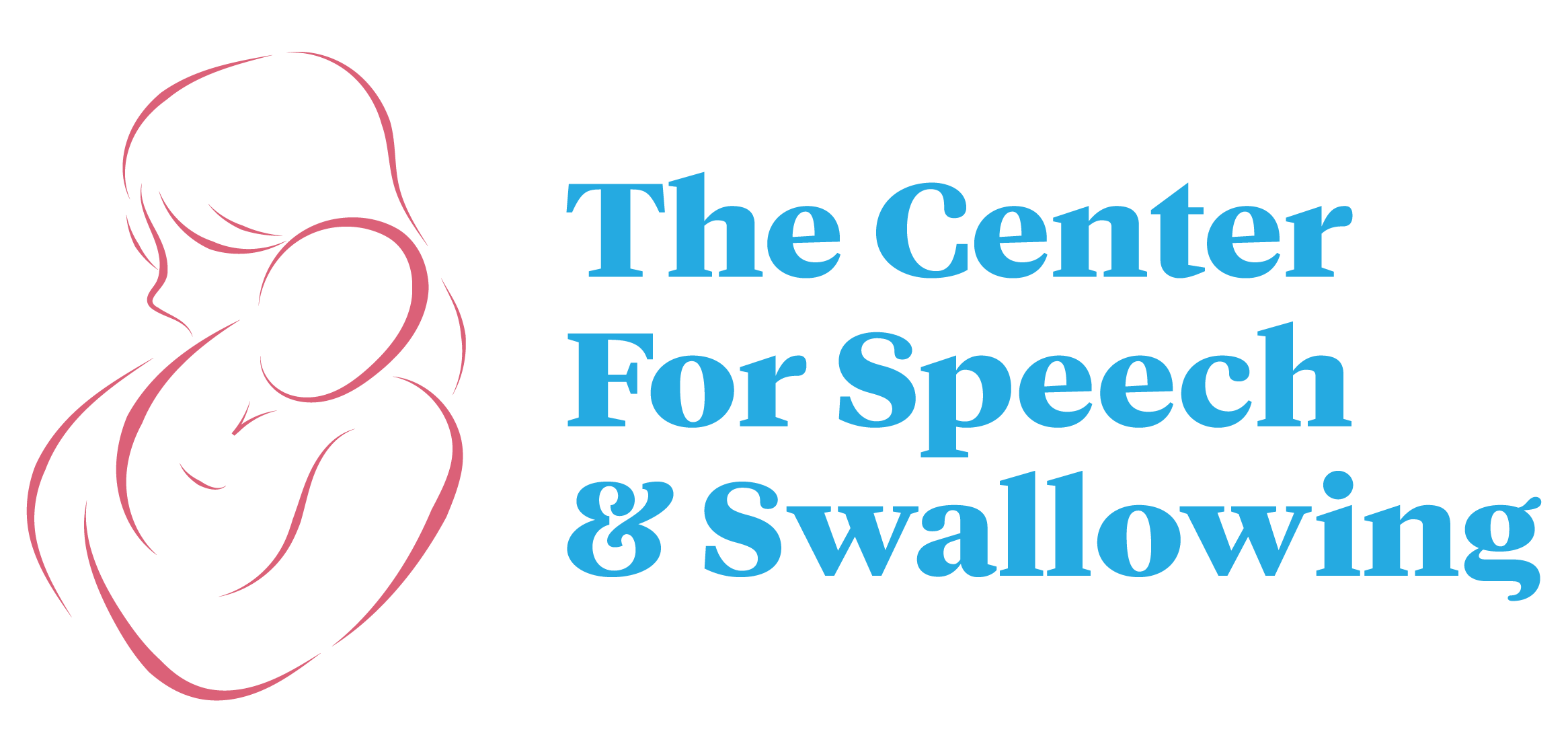
Specialized Oral Myofunctional & Feeding Therapy in Richmond, VA
We offer customized treatment for infants, children, and adults to develop healthy oral function for speech, eating, and breathing.
Myofunctional Therapy
Tongue Tie /Lip Tie
Identifying, evaluating, and managing tongue and lip issues in infants, children, and adults. Become educated with cutting edge techniques.
Oral Therapy
Diagnosing, planning and applying corrective therapies to those with oral myofunctional disorders. Build your knowledge with proper assessment and treatment.
Habit Elimination
Detecting and addressing negative oral habits such as thumb / finger sucking and pacifier habits. You can be confident in our proven results.
We are now accepting Aetna Better Health of Virginia.
We are also partnered with the Lactation Network and Wildflower Health.


Giving You A Path To Success
When you choose The Center For Speech & Swallowing, you choose highly qualified guidance and effective expert treatment of oral issues in infants, children, and adults.
With proven results, we help with:
- Feeding & swallowing difficulties
- Breastfeeding difficulties
- Tethered oral tissues (tongue tie, lip tie, buccal ties)
- Oral myofunctional disorders
- Speech difficulties
- Sleep disordered breathing
- Thumb sucking
- Nail Biting
Frequently Asked Questions
What is the name of the tongue tie procedure?
The medical term for the procedure to release a tongue or lip tie is “frenectomy.” Some may refer to it as a “clipping” in that until recent years the primary form of release was using scissors. Due to advances in medicine, the tie may now be released with a laser and the procedure is informally referred to as a “tongue tie release.”
My baby is so little, would it be better to wait until he is older before having the procedure?
The younger the baby, the easier the procedure will be and the sooner we can correct mouth posture for eating, swallowing, breathing, sleeping, and eventual speech. If left untreated, there is a greater chance of developing issues with eating (avoiding certain food textures, incomplete chewing, recruitment of accessory muscles for swallowing, gagging/choking), sleep disordered breathing which can lead to airway issues, dental issues, and speech issues. Additionally, it is easier to complete the pre-frenectomy therapy and bodywork, as well as post-frenectomy care in an infant vs a toddler who has more teeth.
I am an adult. As I have gotten older I notice my tongue is pushing forward between my top and bottom teeth when I talk and I notice certain sounds are not clear. Could this be a tongue tie?
Many adults live with a tongue tie for years without even realizing it. Just as we do not grow out of a tongue tie, the problems resulting from a tie become worse as we get older. We may snore or develop sleep apnea, the tongue may push against the front teeth during speech or swallowing, we may clench or grind the teeth, to name a few symptoms. Oral myofunctional disorders such as these may be related to a tongue tie. During the evaluation we will determine weaknesses in the oral mechanism and what we can do to improve symptoms. It is never too late to start therapy to address an oral myofunctional disorder.
How many sessions of therapy are needed?
Infants: After the initial evaluation, an appropriate referral will be made if oral ties need to be released. A care plan will be developed based on the individual needs of the baby. This will include pre- and post-frenectomy care if a release of oral ties is needed. Therapy usually continues for 4-6 weeks, or until the baby is eating normally.
For older children and adults, the course of therapy takes longer because the mouth has had more time to habitually function in a less than optimal way. We will strengthen oral structures and retrain the lips, tongue, and jaw to operate normally. Retraining of correct breathing patterns will be addressed.
Certifications


Ask Questions, Get Answers.
With thorough diagnosis, expert guidance, and versatile treatment, we’re dedicated to keeping you informed, assured and empowered.
We’re here and we’re ready to help you.

